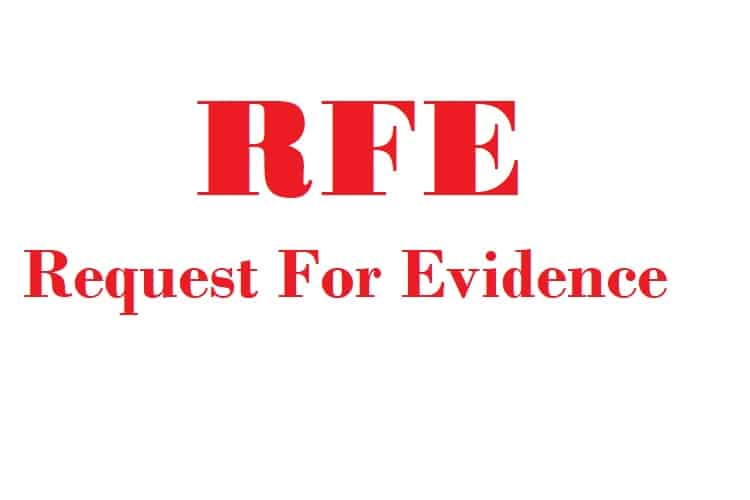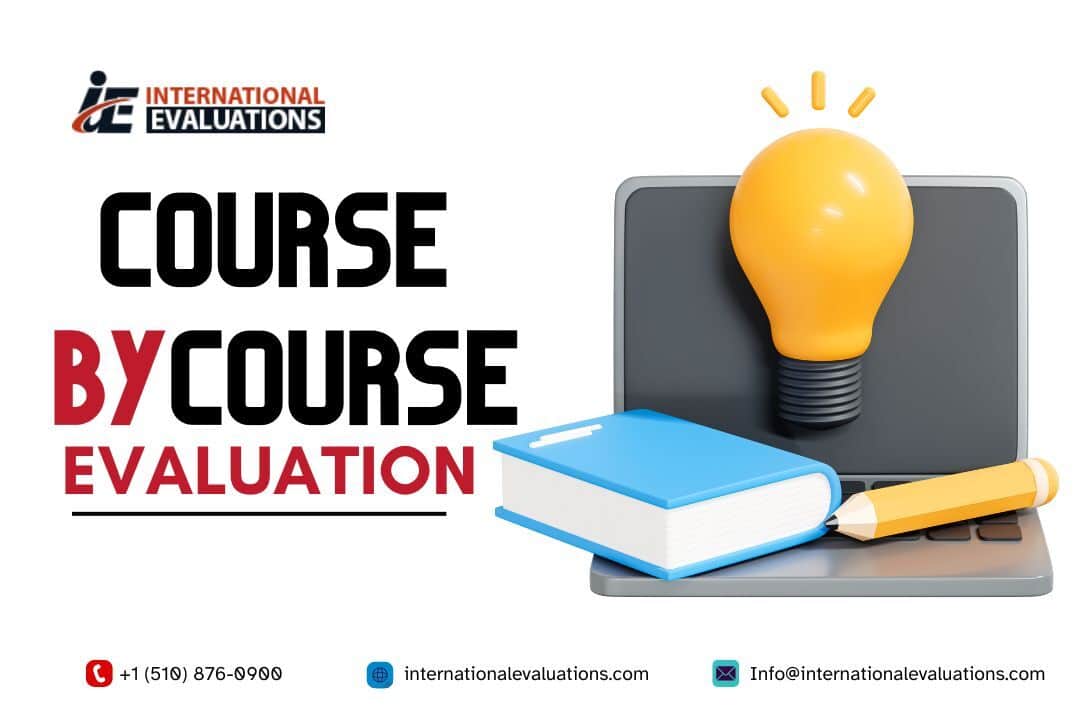Introduction
In an increasingly interconnected world, the movement of people across borders for education and employment has actually become an essential element of worldwide movement. As individuals look for chances abroad, whether for college, career advancement, or international recognition of their qualifications, understanding the process of academic credential evaluation is critical. This guide intends to supply you with detailed insights into the often complicated and nuanced world of academic credential evaluation, guaranteeing that your qualifications are acknowledged and valued wherever you go.
The Important Guide to Academic Credential Evaluation for International Mobility
Academic credential assessment acts as a bridge between varied educational systems and requirements worldwide. It evaluates and equates educational certifications gotten in one nation so they can be understood in another context. This guide will stroll you through numerous elements of this process, consisting of understanding different types of evaluations, choosing reputable international credential assessment services, and browsing the particular requirements for various countries.
What is Academic Credential Evaluation?
Academic credential evaluation is an organized procedure that includes assessing foreign academic qualifications to identify their equivalency in another nation's education system. This assessment can include numerous types of documents, including diplomas, transcripts, certificates, and even expert training records.
Why is Academic Credential Assessment Important?
Employment Opportunities: Lots of employers require evidence that a candidate's academic background fulfills regional or worldwide standards. Further Education: Universities typically mandate assessments to make sure candidates satisfy their admission criteria. Visa Applications: Nations may require assessments as part of immigration processes. Professional Licensing: Specific professions demand confirmed credentials for licensure.Types of Academic Credential Evaluations
Understanding the various types of evaluations can assist you pick the best path forward based upon your needs.
Course-by-Course Credential Evaluation
This type uses an in-depth analysis of each course finished throughout your research studies together with grades gotten. It's especially helpful for trainees seeking to transfer credits or apply to finish programs.
Document-by-Document Evaluation
A more basic method that provides an introduction of your general academic achievement without delving into individual course details. This is generally adequate for work verification or visa applications.
Work Experience Evaluation
For individuals without official degrees however with considerable expert experience in their field, work experience evaluations examine relevant skills and knowledge gained through employment. Such evaluations can support applications in lieu of conventional academic credentials.
Choosing International Credential Examination Services
Selecting a trusted assessment service is crucial to make sure proper assessment and recognition:
Accreditation: Search for organizations recognized by reliable bodies such as NACES (National Association of Credential Assessment Services) or AICE (Association of International Credential Evaluators).
Reputation: Research evaluates and testimonials from past clients.
Specialization: Some services specialize in particular areas or fields; guarantee they line up with your requirements.
Turnaround Time: Bear in mind processing times as this can affect application deadlines.
Cost: Examine rates structures thoroughly; while cheaper options may appear appealing, quality must not be compromised.
The Process of Academic Credential Evaluation
Navigating the credential assessment procedure involves several crucial steps:

Gather Required Documents: Gather all required documents consisting of transcripts, diplomas, curricula, etc.
Select an Examination Service: Pick properly based on your requirements described above.
Complete Application Form: Submit any required types offered by the assessment service.
Payment: Submit payment according to the service's policies.
Submit Documents: Send your files either by mail or electronically as instructed.
Receive Your Report: Once assessed, you'll receive a report detailing how your credentials compare internationally.

Common Areas Covered in Evaluations
Here are some essential components typically evaluated throughout academic credential assessments:
- Course content Credit hours Grades achieved Degree classifications
Understanding Different Educational Systems Worldwide
To better navigate academic credential examinations, it's important to comprehend how academic systems vary globally:
North America (U.S.A & Canada)
- Higher education normally includes Partner's Degrees (2 years), Bachelor's Degrees (4 years), Master's Degrees (1-2 years), and Doctorate Degrees (3-7 years).
Europe
- The Bologna Process standardizes degree levels throughout Europe into three cycles-- Bachelor's (3 years), Master's (1-2 years), and Doctorate (3+ years).
Asia
- Diverse systems exist; many countries have moved towards Western-style designs while others keep special structures rooted in tradition.
Importance of Expert Opinion Letters in Evaluations
A professional opinion letter can substantially boost your evaluation's trustworthiness by supplying extra context regarding your credentials from industry professionals or educators familiar with both instructional systems involved.
Business Strategy Examinations and Their Relevance
In some scenarios-- for example when looking for financial investment visas-- service strategy evaluations might also be required along with scholastic credential evaluations to showcase service acumen backed by recorded expertise.
Special Considerations When Assessing Non-Traditional Education Paths
Individuals who have actually pursued non-traditional education paths such as online degrees or vocational training might face unique challenges during evaluations:
Ensure documentation accurately shows coursework completed.
Be prepared to promote for acknowledgment based on skill set instead of conventional degree structures.
Challenges Dealt with Throughout Credential Evaluations
Despite advancements in globalization efforts surrounding education systems, challenges stay widespread:
- Inconsistent documentation practices throughout organizations worldwide. Language barriers making complex translations needed for accurate assessments.
Tips for Success in Academic Credential Evaluations
Stay organized-- develop a checklist!

Communicate honestly with critics about any special scenarios related to your education history.
Be patient-- the process may take some time but will ultimately yield important results!
FAQs About Academic Credential Evaluations
Q1: For how long does the examination procedure take?
A1: Processing times vary by company but generally range from a few weeks approximately several months depending on complexity and current workload.
Q2: What if my credentials are not acknowledged? **
A2: If assessed credentials do not meet local requirements, consider extra coursework or alternative pathways such as work experience assessments which might provide validation through useful proficiency instead!
Q3: Can I appeal an unfavorable evaluation outcome? **
A3: Yes! Most credible services provide an appeals process where you can submit more documents or explanation concerning inconsistencies kept in mind during preliminary assessments.
Q4: Are there specific files needed for a course-by-course assessment? **
A4: Yes! Transcripts detailing courses brought with grades gotten are vital components required; sometimes curriculum may also be asked for depending upon the organization involved!
Q5: Is it necessary to send out original files? **
A5: Usually no-- most services accept copies unless specified otherwise; however! Constantly verify each service's document submission requirements beforehand!
Q6: How much does a scholastic credential evaluation expense? **
A6: Expenses differ extensively based upon aspects like location/type/complexity varying anywhere from $100-$500+. Always inspect upfront rates before deciding!
Conclusion
In summary, navigating the landscape of academic credential evaluation is crucial for anybody thinking about pursuing chances abroad-- whether going for educational development or career advancement within international markets! By understanding various types readily available along with strategies employed throughout this journey-- from choosing reliable services through documenting experiences-- you'll find yourself well-equipped navigate complexities related to validating certifications throughout borders! The Important Guide to Academic Credential Assessment for Global Mobility serves as both a roadmap assisting individuals toward successful transitions while empowering them leverage their unique backgrounds within diverse environments globally!